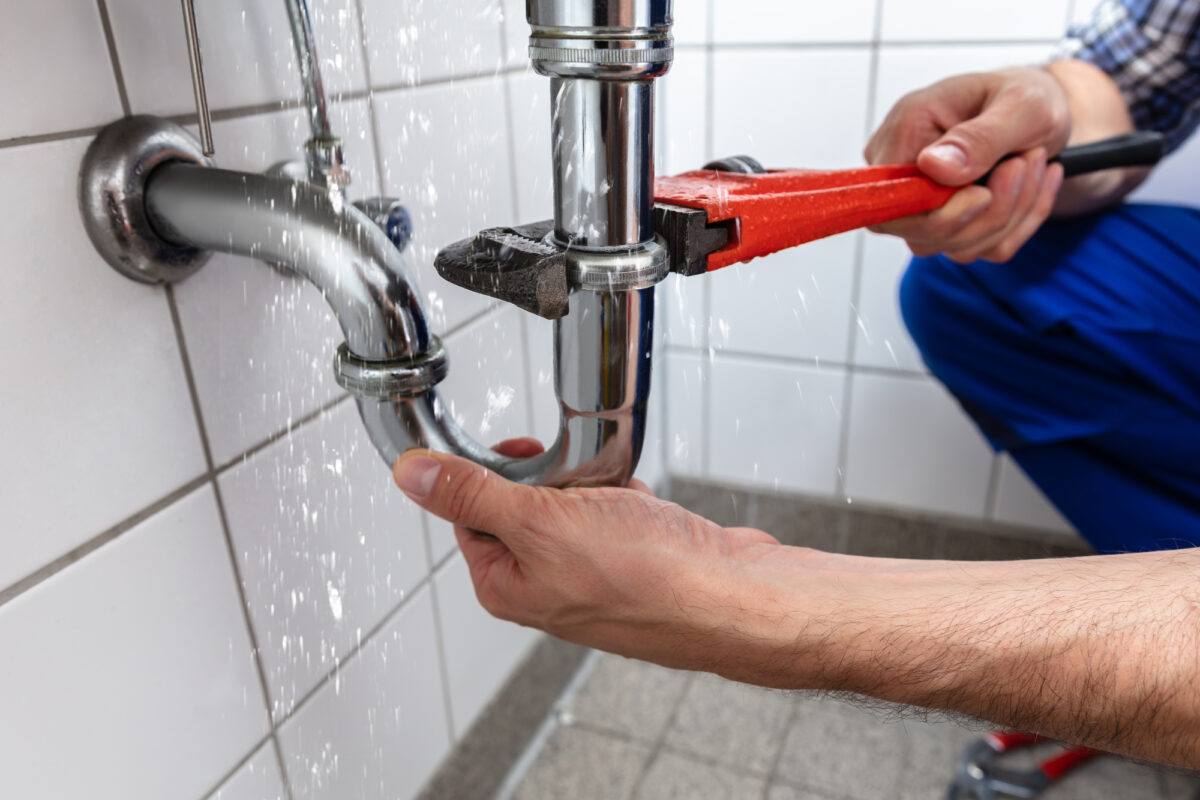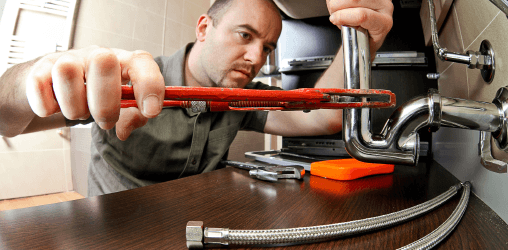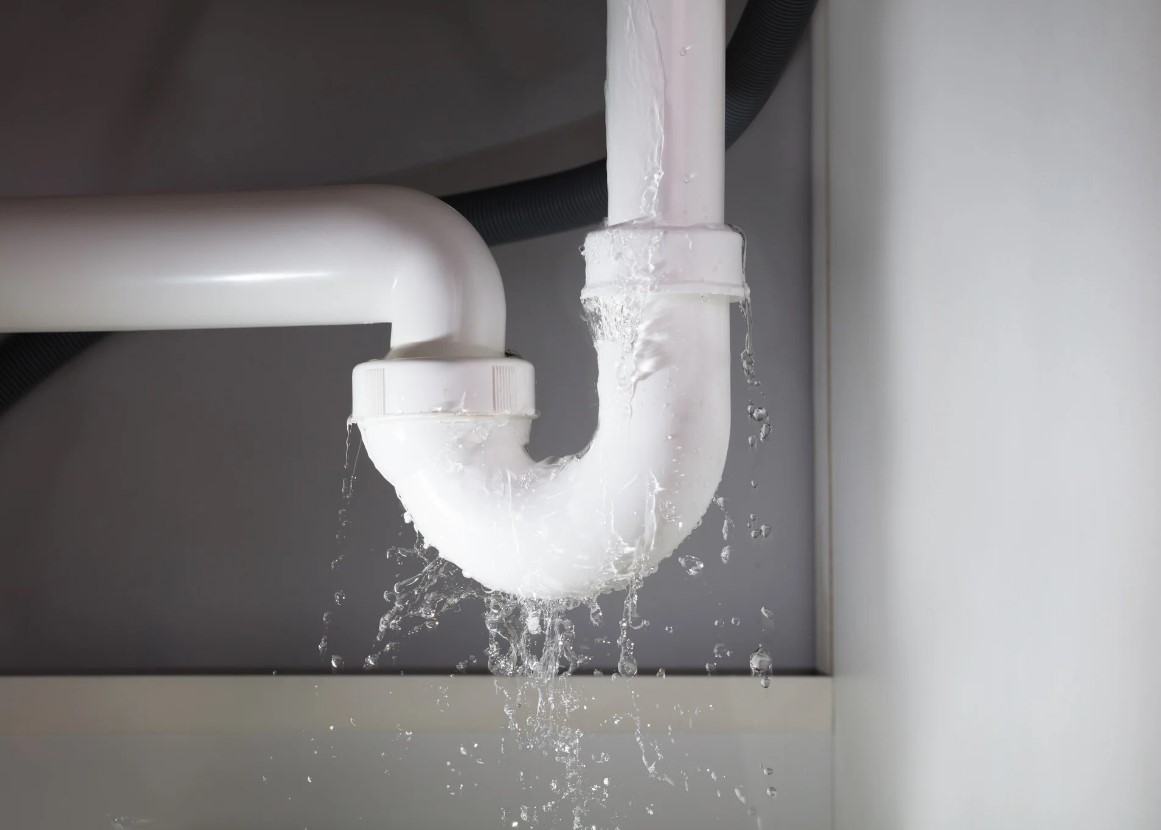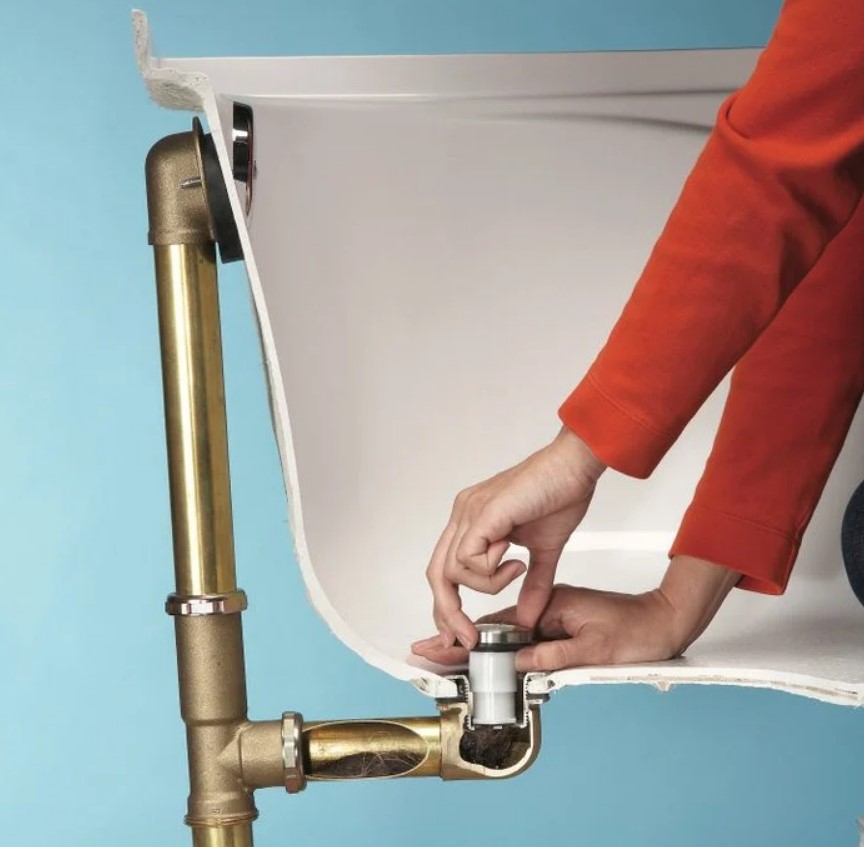Leaks happen. And when they do, it’s often our water mains that are to blame. But are these pesky leaks covered by insurance? Here’s what you need to know.
What is a water main leak?
A water main leak is a leak in the main water line that supplies fresh water to your home. The main water line is the pipe that runs from the water meter to your home. A water main leak can be caused by many things, including corrosion, ground movement, and root intrusion.
What causes water main leaks?
Water main leaks are often caused by damage to the pipe, such as from corrosion, ground movement or displaced service connections. In some cases, leaks can also be caused by a build-up of sediment or mineral deposits in the pipe that restrict the flow of water.
How do you know if you have a water main leak?
If you think you may have a water main leak, there are a few things you can do to check. First, take a look at your water bill. If you see a sudden or unexplained increase in your water usage, it could be an indication of a leak. You can also check for leaks by looking for wet spots in your yard or on the street near your home. Another telltale sign of a water main leaks is a drop in water pressure. If you have any of these signs, it’s important to contact a plumber as soon as possible to have the issue investigated.
Once you’ve determined that you have a water main leak, it’s important to determine whether or not it will be covered by your insurance policy. In most cases, damage caused by leaks that are the result of normal wear and tear are not covered by insurance. However, if the leak is the result of something unexpected, like a tree root growing into your pipe, it’s possible that your insurance will cover at least some of the costs associated with repairing the damage.
If you’re not sure whether or not your insurance policy will cover water main leak damage, the best thing to do is give your insurance company a call and ask. They should be able to provide you with specific information about what is and is not covered under your policy.
What are the consequences of a water main leak?
Water main leaks can cause a lot of damage to your property, both in terms of the cost of repairs and the cost of water usage. In addition, if the leak is not fixed quickly, it can lead to mold growth, which can be a health hazard. Here are some of the potential consequences of a water main leak:
· Flooding – If a water main leaks, it can cause flooding in your home or business. This flooding can damage flooring, walls, ceilings, and personal property. It can also lead to mold growth, which can be a health hazard.
· Water damage – In addition to the damage caused by flooding, water main leaks can also damage your property through water seepage. This seepage can damage drywall, flooring, insulation, and other materials in your home or business.
· High water bills – Water main leaks can also lead to high water bills. This is because you will be paying for the water that is leaking out as well as the water that you are using for your normal activities.
· Mold growth – If a water main leak is not fixed quickly, it can lead to mold growth. Mold growth can cause respiratory problems and other health problems. It can also damage your property.
How do you fix a water main leak?
Water main leaks can be tricky and expensive to fix. If you have a water main leak, the first thing you should do is contact your insurance company. Many homeowners insurance policies cover water main leaks, but it’s always best to check with your insurer to be sure.
Once you’ve confirmed that your insurance will cover the repairs, the next step is to find a reputable contractor to do the work. This is not a job that you want to try to DIY, as it’s crucial that the repair is done correctly the first time. A water main leak can cause extensive damage to your home if it’s not fixed properly, so it’s worth it to invest in a good contractor.
Once the repairs are finished, you may also want to consider taking steps to prevent future water main leaks. This can include things like having your water main inspected and serviced on a regular basis, as well as making sure that any damaged or cracked pipes are repaired or replaced immediately. Taking these preventive measures can help you avoid costly repairs down the road.
How much does it cost to fix a water main leak?
The cost to fix a water main leak can vary depending on the size and location of the leak. According to the national average, it costs between $500 and $3,000 to repair a water main leak. However, if the leak is small and easily accessible, it could cost as little as $150 to fix. If the leak is large and difficult to access, it could cost as much as $5,000 or more to repair.
Is a water main leak covered by insurance?
Yes, in most cases, a homeowner’s insurance policy will cover water main leaks. However, it is important to remember that there may be some limits and exclusions depending on the cause of the leak and the damage that results. For example, if the leak is caused by a covered event like a severe storm, your policy will likely provide coverage for the repairs. However, if the leak is caused by negligence or lack of maintenance on your part, it may not be covered. Additionally, if the damage from the leak is extensive, your policy may have limits on the amount of coverage available.
If you’re not sure whether or not your policy will cover a water main leak, the best way to find out is to contact your insurance agent or company and ask. They will be able to review your policy and let you know what coverage is available.
-7a. If yes, what does insurance cover?
Water main leaks are a common problem for many homeowners. While some insurance companies cover the cost of repairing leaks, others do not. It is important to check with your insurer to see if they cover water main leaks before you experience one.
There are two types of insurance that may cover the cost of repairing a water main leak: homeowners insurance and sewer and water line insurance. Homeowners insurance typically covers repairs to the house itself, but not the underground piping. Sewer and water line insurance is a separate policy that covers the cost of repairing or replacing underground piping. This type of policy is also known as sinkhole insurance or water and sewer line breakage insurance.
Check with your insurer to see if they cover water main leaks before you experience one.
-7b. If no, what are some alternative options?
No, water main leaks are not covered by insurance.
Water main leaks can cause extensive damage to your home and possessions. If you have a water main leak, you will likely need to pay for repairs and replacements out of pocket.
There are a few things you can do to minimize the cost of repairs:
- Act quickly: The sooner you address the leak, the less damage will be done.
-Fix the leak yourself: If the leak is minor, you may be able to repair it without calling a professional. This will save you money on labor costs.
-Call your municipality: In some cases, your municipality may be responsible for repairing the water main. This is usually only the case if the leak is located in the public right-of-way (the area between your property line and the street).
-Hire a professional: If you have a serious leak or extensive damage, you will need to hire a professional plumber or contractor to make repairs. Get multiple estimates before hiring someone, and make sure they are licensed and insured.
How can you prevent water main leaks?
Water main leaks can cause serious damage to your home, and they’re not always covered by insurance. But there are some things you can do to prevent them from happening in the first place.
-Install a water pressure regulator: This will help keep the water pressure in your pipes from getting too high, which can cause them to rupture.
- Get your pipes checked regularly: Contact a plumber to have your pipes inspected every few years. They can check for signs of wear and tear and fix any potential leaks before they become a problem.
- Know where your shut-off valve is located: In the event of a water main leak, you’ll need to shut off the water to your home as quickly as possible. Knowing where your shut-off valve is located ahead of time will help you do this quickly and avoid further damage.
If you do experience a water main leak, the first thing you should do is call a plumber to repair the leak and prevent further damage. Once the leak has been repaired, you can contact your insurance company to see if they will cover the cost of any damage that occurred.
What are some common myths about water main leaks?
Water main leaks are often thought to be covered by insurance, but this is not always the case. In order to be covered, the leak must be caused by a covered event, such as a burst pipe. If the leak is caused by something else, such as neglect or poor maintenance, it will not be covered.
Another common myth is that water main leaks are always big and obvious. However, even small leaks can cause major damage if left unaddressed. It’s important to be on the lookout for any signs of a water main leak, no matter how small they may seem.
If you think you have a water main leak, the best course of action is to contact a professional plumber as soon as possible. They will be able to assess the situation and determine the best way to fix the problem.
Where can I go for more information about water main leaks?
There are a few places you can go for more information about water main leaks. Your local water provider is a great resource for information about water main leaks. You can also check with your insurance provider to see if water main leaks are covered under your policy.







